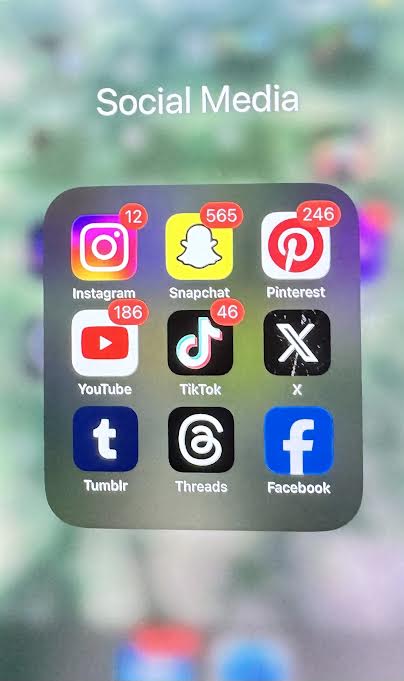As more and more youth consume media on various platforms including Youtube Shorts, Instagram Reels, and the original 15 second video app, Tiktok, slang terms continue to emerge and integrate into the daily vocabulary of the youngest generation. Phrases like “chronically online” have been used to describe individuals who obsessively consume online media and are transformed by it. A study conducted by Common Sense Media in 2022 showed that social media use increased in youth by over 17 percent in just the first two years of the COVID-19 pandemic. Ironically, a slang term has emerged to describe what it means to be obsessed with slang: “brain rot.” The content described as “brain rot” is typically short, unintelligent, and overstimulating media that popularizes words with no clearly defined meaning in the official English language.
Social media creators began throwing around the slang words interpreted as “brain rot” most noticeably in 2023. The common teenager would know the phrases or terms described as “brain rot” simply through their own consumption of social media, or from hearing them used in real life. Woodgrove senior Hannah Forester, who downloaded social media for the first time 4 months ago, gave insight on whether or not her recent downloading of instagram increased her awareness of “brain rot” terms. “Honestly no. Even when those terms started on social media, people around me would be using them, so I did not feel like I was completely in the dark,” explained Forester. Whether used ironically or unironically, slang terms like “skibidi,” “rizz,” and “sigma” are being used, not just online, but also in real life. Woodgrove English teacher Ms. Sim states, “I think youth have always used shorter expressions, but especially today’s youth. Often when they post on social media, it’s just one or two words that don’t make sense to me, and that does seem to be a more recent occurrence.” The infinite flow of online media into the minds of young people is demonstrating its inevitable influence on daily vocabulary usage now more than ever.



